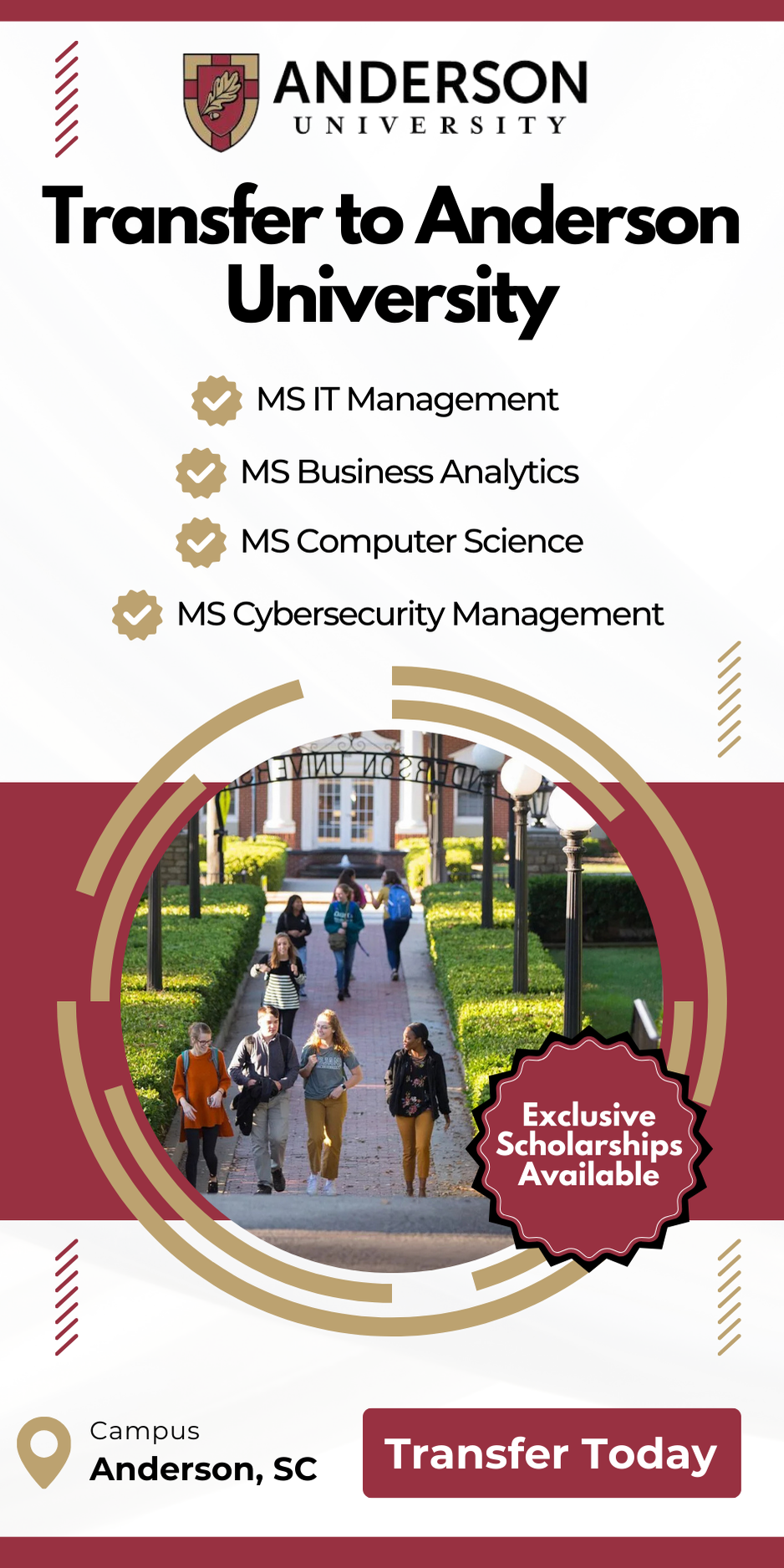Overview
Navigating the U.S. employment landscape as an international student can be challenging, especially when faced with the complexities of the H-1B visa process. However, several alternative pathways allow you to work in the United States without an H-1B visa. Below are some viable options to consider:
- Day 1 Curricular Practical Training (CPT): Certain universities offer programs that permit students to engage in practical training from the onset of their studies. Enrolling in such programs enables you to work in your field of study while pursuing your degree, providing immediate work authorization.
- Employment-Based Green Card (EB-2/EB-3): You can bypass temporary work visas by applying directly for an employment-based green card. This process involves securing a permanent job offer from a U.S. employer willing to sponsor you, leading to permanent residency.
- Investment-Based Green Card (EB-5 Visa): The EB-5 visa allows you to obtain a green card through substantial investment in a U.S. business. You and your immediate family can gain permanent residency by investing a specified amount and creating or preserving jobs.
- Cap-Exempt H-1B: Some employers, such as universities, nonprofit organizations, and research institutions, are exempt from the annual H-1B cap. Securing employment with these cap-exempt organizations allows you to obtain an H-1B visa any time of the year without being subject to the lottery system.
- L-1 Intracompany Transfer Visa: If you are employed by a multinational company with offices in your home country and the U.S., the L-1 visa facilitates your transfer to the U.S. branch in a managerial or specialized knowledge capacity. This option requires you to have worked for the company for at least one continuous year within the preceding three years.
- O-1 Visa for Individuals with Extraordinary Ability: The O-1 visa is designed for individuals who possess extraordinary ability in fields such as sciences, arts, education, business, or athletics. Demonstrating sustained national or international acclaim in your field can make you eligible for this visa.
- E-2 Treaty Investor Visa: Nationals of countries with which the U.S. maintains a treaty of commerce and navigation may be eligible for the E-2 visa. This requires a substantial investment in a U.S. enterprise and allows you to work in the U.S. to develop and direct the business.
- J-1 Exchange Visitor Visa: The J-1 visa offers opportunities for individuals to participate in work-and-study-based exchange programs. Categories include trainees, interns, teachers, and researchers, providing a pathway to gain experience in the U.S.
- TN Visa under USMCA: Citizens of Canada and Mexico may be eligible for the TN visa, which allows qualified professionals to work in the U.S. in designated occupations under the United States-Mexico-Canada Agreement (USMCA).
- B-1 instead of H-1B: The B-1 visa is intended for short-term business activities, such as attending conferences or negotiating contracts. It does not authorize employment in the U.S., and using it as a substitute for the H-1B visa is not appropriate.
People Also Ask (PAA):
- What is Day 1 CPT, and how does it work?
- Day 1 CPT allows students to engage in practical training related to their field of study from the first day of their academic program, providing immediate work authorization.
- Can I apply for a green card without an H-1B visa?
- Yes, you can apply directly for an employment-based green card (EB-2/EB-3) with a qualifying job offer and employer sponsorship.
- What is an EB-5 visa?
- The EB-5 visa grants permanent residency to individuals who invest a substantial amount in a U.S. business and create or preserve at least 10 jobs for U.S. workers.
- Who qualifies for a cap-exempt H-1B visa?
- Employers such as universities, nonprofit research organizations, and government research institutions can offer cap-exempt H-1B visas, allowing employees to bypass the annual cap restrictions.
- What are the requirements for an L-1 visa?
- The L-1 visa requires you to have worked for a multinational company abroad for at least one continuous year in a managerial or specialized knowledge role within the past three years and to be transferred to a U.S. branch.
- How can I prove my extraordinary ability to obtain an O-1 visa?
- Demonstrating extraordinary ability involves providing evidence of sustained national or international acclaim, such as awards, publications, or significant contributions to your field.
- What is an E-2 visa, and who is eligible?
- The E-2 visa is for who make a substantial investment in the United States’ business. It allows them to work in the U.S. to develop and direct the enterprise.
- Can I work in the U.S. on a J-1 visa?
- Yes, the J-1 visa permits individuals to participate in approved exchange programs, which may include work-and-study opportunities in various fields.
- What professions qualify for a TN visa?
- The TN visa covers a range of professions, including accountants, engineers, scientists, and teachers, among others, as specified under the USMCA agreement.
- Is the B-1 instead of H-1B a long-term solution?
- No, the B-1 instead of H-1B is intended for short-term assignments and does not provide a long-term employment solution in the U.S.
I think exploring these alternatives can help you find the best way to employment in the United States, tailored to your specific circumstances and career objectives.

